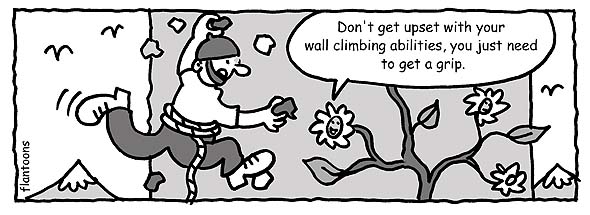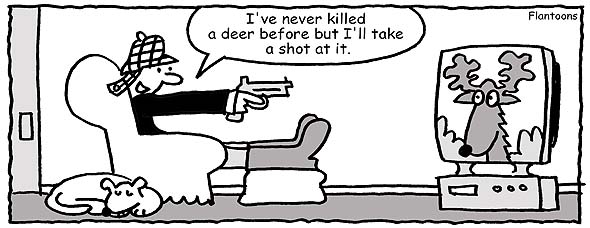
Here are some commonly used idioms about education and learning. Have you heard any of them in class before? I've put the meanings of the idioms to help you to decide which idiom fits in each sentence. Can you think of any more education idioms? Have you ever pulled an all-nighter? Let us know!
Fred is being invited by his buddies (friends) Jeff, Nicole, and Selina to go to a soccer game. It has been a while since the four have had an opportunity to spend time together. Read their conversation then answer the questions below:
Jeff : Hey Fred, have any plans tomorrow? Nicole, Selina, and I are all going to watch Manchester United play Chelsea in London. We have an extra ticket. You interested in tagging along?
Whether we like it or not, the English speaking workplace is overflowing with idioms.
Here are some idioms to revise, all of which are related to food and eating. First look at the literal meanings of the idioms below and then see if you can decide which idiom correctly completes the sentence. Who is the apple of your eye? Is there something that just isn't your cup of tea?
Good luck!
English has a large number of phrasal verbs, many of which use the preposition 'off.'
For example, 'run off' means to leave suddenly and unexpectedly: "I have to run off now or I will be late."
We recently had a lesson on off phrasal verbs, now it's time for more.
Look at the context of each sentence and choose the correct definition. Good luck!

This cartoon is based on the idiom get a grip.
Get a grip means to understand how to deal with something or to control your emotions.
Examples:
"This book really helped me get a grip on politics."
An idiom is an expression used that cannot be easily understood by the meaning of each word separately.
Often an idiom, such as under the weather, does not seem to make sense if taken literally. Someone unfamiliar with English idioms would probably not understand that to be under the weather is to be sick.
English has a large number of phrasal verbs, many of which use the preposition out.
For example go out means to leave your home for a short time. Also, remember that some phrasal verbs can have more than one meaning. Go out also means to have a boyfriend/girlfriend.
Look at the context of each sentence and choose the correct definition. Good luck!

This cartoon is based on the idiom take a shot.
Take a shot means 'try to do something; to attempt to do something'.
Examples:
"I don't know the answer to your question, but I'll take a shot anyway."
"I haven't played tennis before but I'm going to take a shot this weekend."
English is a language that is full of many colourful idioms that describe people and situations in a more interesting way than the typical vocabulary. We've looked at idioms many times before and here are 10 more.
For example instead of saying "he's been doing this for a long time", you can say "He's an old hat at this". This is an especially great way of improving your writing.
Here are some more idioms and their meanings: